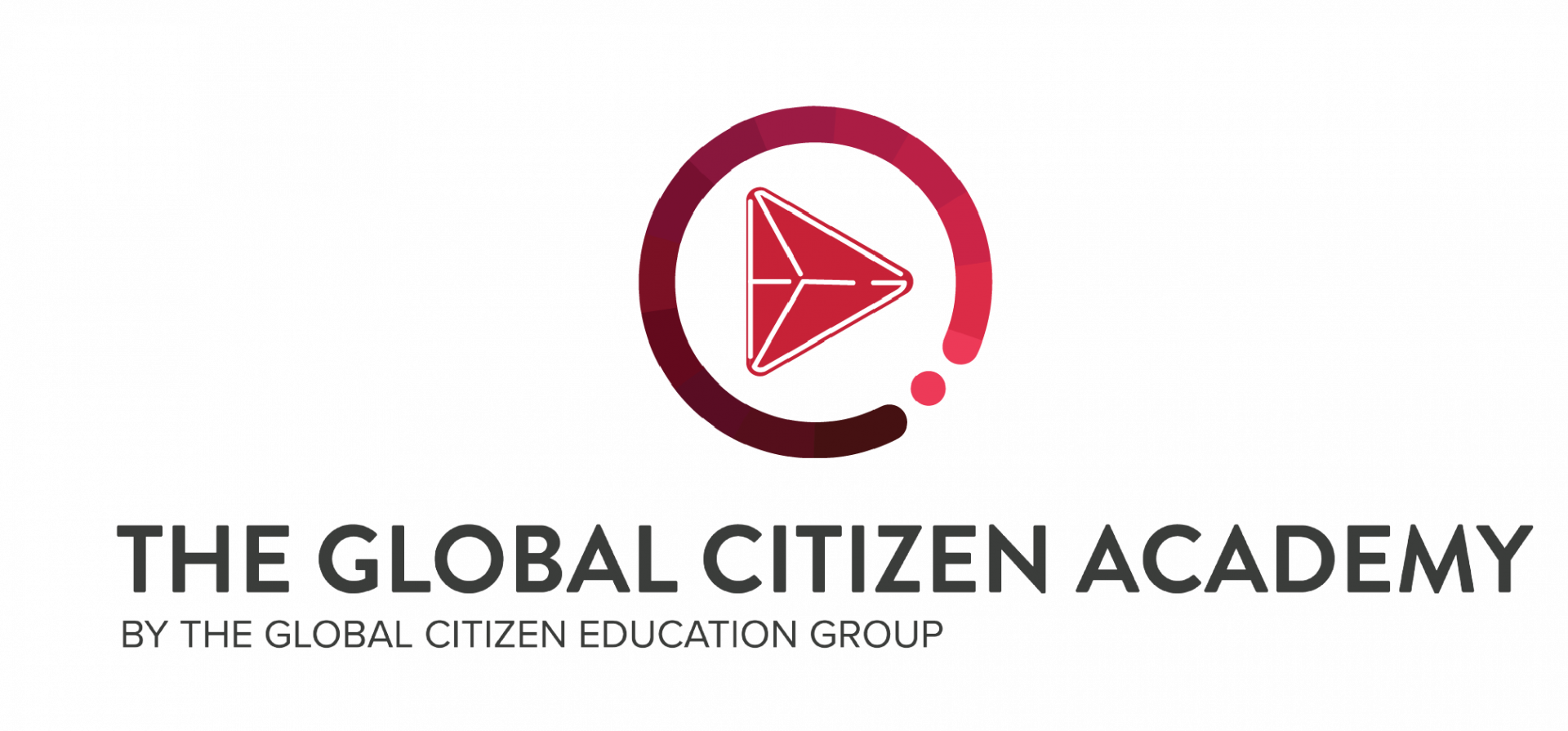The Importance of Global Citizenship in the 21st Century
Source: Open Access Government
The 21st century is unlike any other before it. The present moment in time has been defined as the age of information, globalization and volatility. Compared to the 20th century, which saw the advent and proliferation of industrialisation, the 21st century is characterised by the rapid pace of technological advancement. As times change, the mechanical and repetitive skills valued in the previous century are no longer sufficient for tackling today’s more complex challenges, which arise as a result of a globalized world with a knowledge-based economy. Therefore, education must also change, shifting the focus from memorization and passive learning to critical thinking and problem solving, and instilling a sense of global identity in youths. Global citizenship education is an educational philosophy that goes beyond the confines of a classroom and accounts for the 21st century’s most pressing issues.
Why is Global Citizenship Education Important in the 21st Century?
As the world has become increasingly connected through globalization, the problems faced by humanity also need to be tackled together through cooperation among all members of the planet, regardless of country or nationality. With the growth that arises from globalization also come the downsides: inequality, poverty, human rights violations, and environmental issues. Altogether, these issues present a threat to global peace and security, as well as the planet’s sustainability.
An example of inequality lies within the realm of education itself. Although education has helped millions escape poverty and achieve a higher standard of living, not everyone has been equally touched by it. As recently as in 2018, around 260 million, or about 20% of all, children on Earth were still not going to school (United Nations, 2020). Furthermore, despite the global poverty rate reaching new lows, wealth inequality has been on the rise (Lowrey, 2020). Not to mention climate change, a very real and global threat that no one country simply can tackle on its own.
In response to such complex challenges, the United Nations (UN) has advocated for global citizenship education (GCED). GCED is embedded in the UN’s fourth Sustainable Development Goal (SDG), which is Quality Education. As one of the targets of Quality Education, GCED has been described as ensuring “all learners acquire the knowledge and skills needed to promote sustainable development and sustainable lifestyles, human rights, gender equality, promotion of a culture of peace and non-violence, global citizenship and appreciation of cultural diversity and of culture’s contribution to sustainable development” (United Nations, 2020). Let’s deconstruct this definition bit by bit.
Let’s start by examining what “sustainable development and sustainable lifestyles” mean. At its core, sustainability means meeting the needs of the present without compromising the ability of future generations to meet their needs, which are not only environmental, but also social and economic.
In terms of environmental sustainability, climate change is probably the most striking issue of the 21st century. Promoting sustainable development means addressing climate change by taking decisive collective action to avert the catastrophic consequences, such as extreme weather events and deadly pandemics, that will ensue and affect billions of lives if global warming is left uncontrolled.
Furthermore, environmental issues are also linked to economic factors. Developing nations have been disproportionately affected by climate change, despite contributing the least to it, and are also the least capable of affording the consequences. Therefore, the decisions made by individuals, corporations and governments in developed countries literally have far-reaching implications.
Similarly, economic factors are also linked to social issues. For instance, a chemical plant may leach out dangerous substances, polluting the environment and harming the surrounding community, which is unsustainable in the long run. All in all, the three kinds of sustainability do not exist in silos, but rather are interconnected.
The lack of sustainability is a threat to world peace and security. Groups of people that have been unfairly treated will likely revolt, and the decaying environment will threaten the livelihoods of billions. Achieving sustainability means changing our current entrenched ways, which require collective effort and commitment. For example, the fight for gender equality in the workplace also involves men, such as in the form of paternity leave after the birth of a child. To foster collective action, all sides need to engage in a dialogue to convey and understand each other’s needs. This is what GCED encourages: an awareness of the issues faced by the world and the desire to tackle injustices, which require 21st century skills like public speaking, debate leadership, and critical thinking.
To learn more about 21st century skills, check out our article on the 21 Essential Competencies for Global Citizens.
Seeing how important global citizenship is in the 21st century, start cultivating global citizenship today with TGC’s experiential co-curricular programs, including debate, leadership and Model United Nations. If you are unsure of where to start, we can help you decide which program is right for you or your child. Talk to us so we can advise you on the best program for your needs and goals!
Image Source: Pexels

